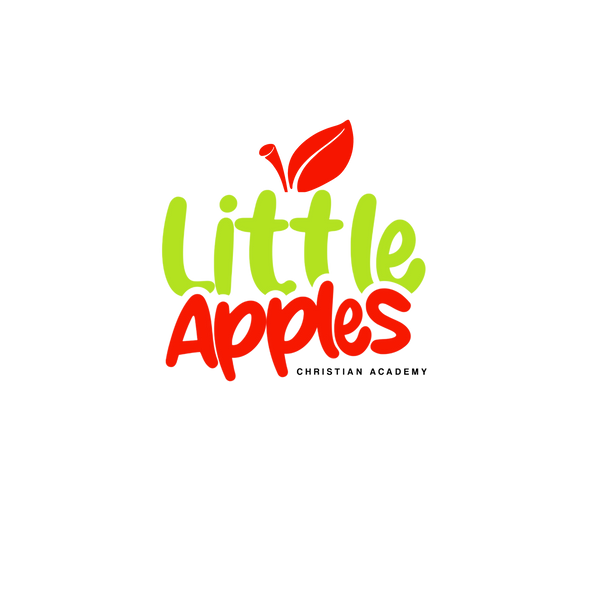Our Curriculum
LACA Preschool Curriculum Overview
The LACA Preschool Curriculum is designed to provide young children with a well-rounded educational experience that emphasizes key areas of development, including language, math, science, social-emotional growth, and motor skills. The curriculum uses engaging, hands-on activities and incorporates Christian values through Bible verses, songs, and faith-based teachings, creating an environment where children grow in both knowledge and faith.
Themes & Weekly Breakdown:
Each month centers around a specific theme, with weekly sub-themes that offer a mix of activities related to animals, holidays, weather, seasons, and community roles (e.g., polar bears, dinosaurs, life on the farm, under the sea, etc.). These themes are explored through a combination of arts and crafts, sensory play, science experiments, and dramatic play.
Core Areas of Development:
1. Cognitive Development:
• Science & Exploration: Activities such as nature walks, experiments (e.g., weather, ice, life cycles), and sensory bins allow children to observe and discover the world around them.
• Math & Problem Solving: Simple counting, sorting, measuring, and pattern recognition are integrated into theme-based activities to encourage logical thinking.
2. Language & Literacy:
• Books & Storytelling: Weekly readings from a wide variety of books related to the theme help build vocabulary and comprehension. Children are also encouraged to engage in storytelling and discussions.
• Songs & Rhymes: Educational songs related to the themes, as well as Christian songs, are sung to enhance language development and rhythm.
3. Social-Emotional Skills:
•Dramatic Play: Pretend play activities (e.g., acting as community helpers, farmers, or explorers) help children develop empathy, communication skills, and teamwork.
• Group Activities: Cooperative games, discussions, and sharing experiences foster social development and help children learn to manage emotions and resolve conflicts.
4. Motor Skills:
• Fine Motor Skills: Activities such as cutting, drawing, gluing, and building with blocks help strengthen hand-eye coordination and fine motor control.
• Gross Motor Skills: Outdoor play, obstacle courses, and movement games (e.g., pretending to be animals) promote physical coordination and overall fitness.
5. Creative Arts:
• Art Projects: Hands-on creativity through painting, coloring, and crafting allows children to express themselves artistically while developing fine motor skills.
• Music & Movement: Children are encouraged to sing songs, dance, and participate in musical activities, promoting rhythm, auditory skills, and physical expression.
Christian Practices in the Curriculum:
In addition to traditional educational activities, Christian practices are integrated into the curriculum to nurture the spiritual growth of the children. Each day begins with circle time, where children participate in activities that reinforce Christian values:
• Bible Verses: Daily Bible verses are introduced to the children, with simple, age-appropriate explanations. These verses are related to the themes of the week, helping children understand biblical teachings and apply them to their lives.
• Christian Songs: Alongside educational songs, children also sing Christian songs during circle time. These songs are designed to teach biblical truths in a fun and memorable way, and often tie into the themes of the month or season.
• Prayer Time: Children are encouraged to pray together as a group, fostering a sense of gratitude, love, and connection to God. Simple prayers are introduced, allowing children to express thanks and learn about God’s love.
• Faith-Based Teachings: Bible stories and faith-based activities are incorporated throughout the curriculum. These stories teach moral lessons and help children develop character traits like kindness, honesty, and respect.
Seasonal & Cultural Awareness:
The curriculum also emphasizes an awareness of seasonal changes, holidays, and cultural traditions:
• Seasonal Themes: Children learn about the changing weather and nature throughout the year, such as fall leaves, winter snow, spring flowers, and summer sunshine.
• Christian Holidays: Christian holidays like Christmas, Easter, and Thanksgiving are celebrated with faith-based activities, songs, and crafts.
• Cultural Awareness: Children are introduced to various cultures and traditions through books, songs, and activities, promoting respect and understanding of different backgrounds.
Monthly Structure:
Each month consists of four weekly units, each focused on a sub-theme that ties into the main theme of the month. Activities progress in complexity as the month unfolds:
• Week 1 to Week 4: Themes are explored in depth, with the first week introducing the topic and subsequent weeks building on what was learned through more detailed activities and group projects.
Hands-On Learning:
The curriculum emphasizes hands-on learning with the following materials and activities:
• Art Supplies & Sensory Materials: Crayons, markers, construction paper, and sensory materials like cotton balls, sand, and water are used to encourage creativity and fine motor development.
• Nature Exploration: Outdoor activities and field trips help children connect with nature and explore the environment.
• Dramatic Play: Children are encouraged to act out real-world roles (e.g., doctors, farmers, community helpers), helping them learn about the world and build social skills.
Conclusion:
The LACA Preschool Curriculum provides a rich, holistic learning experience that supports the cognitive, emotional, social, and spiritual growth of young children. It balances academic learning with Christian values, helping children grow in both knowledge and faith. Through creative play, exploration, and Christian practices, children will develop the skills they need to succeed in both school and life, all while learning to love and serve God.
This comprehensive approach ensures children have a solid foundation in academic skills while also fostering spiritual growth, kindness, and a sense of purpose.
